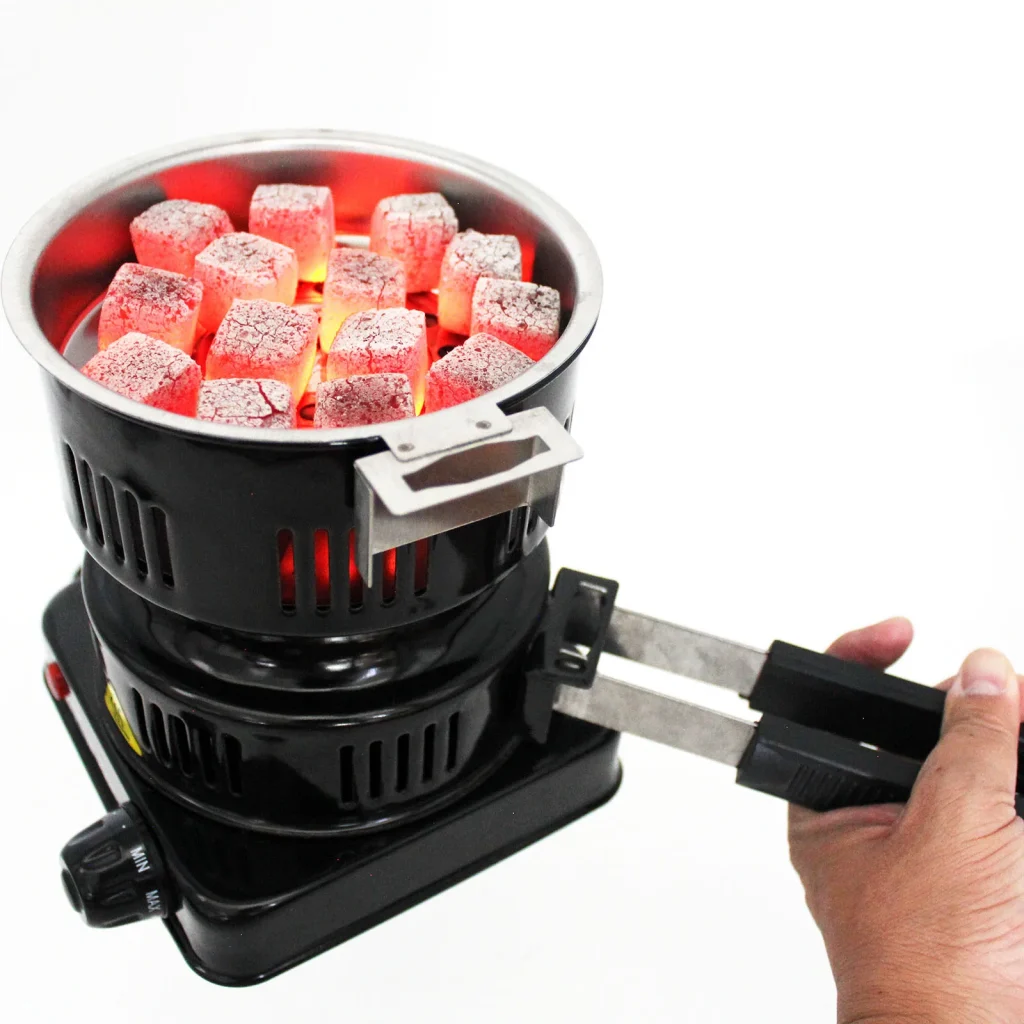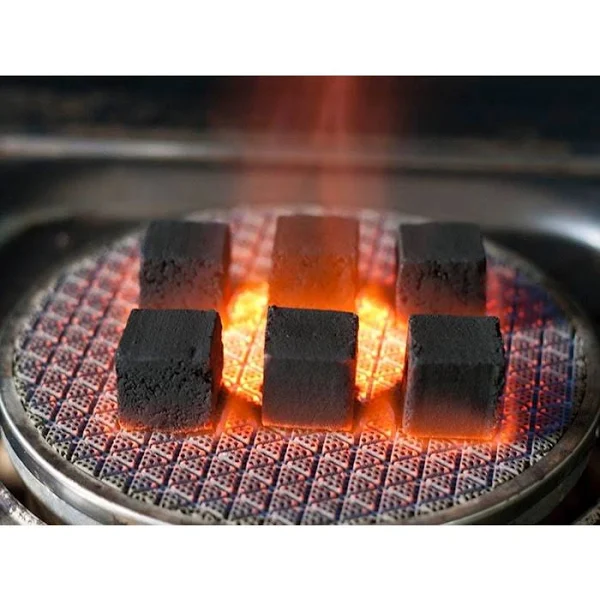In recent years, the culinary industry has increasingly embraced sustainability, prompting restaurants to seek environmentally friendly alternatives in their operations. One significant shift is the growing popularity of sustainable coconut charcoal, especially in BBQ restaurants.
Known for its superior performance and eco-friendly properties, coconut charcoal is revolutionizing the way BBQ is prepared and enjoyed. This article explores the benefits of using sustainable coconut charcoal in BBQ restaurants, its production process, and how it can enhance the dining experience.
Sustainable Coconut Charcoal for BBQ Restaurants A Flavorful and Eco-Friendly Choice
Coconut charcoal is made from the shells of coconuts, a byproduct of the coconut industry. The production process involves carbonizing the coconut shells through a process called pyrolysis, which occurs in a low-oxygen environment.
This transformation results in a dense and energy-rich fuel source that burns hotter and longer than traditional wood charcoal. Unlike conventional charcoal, which is often linked to deforestation and harmful emissions, coconut charcoal is a renewable resource, making it an excellent choice for environmentally conscious businesses.
Benefits of Sustainable Coconut Charcoal for BBQ Restaurants
- Eco-Friendly Sourcing: One of the primary advantages of using coconut charcoal is its sustainability. Since it is derived from waste materials, coconut charcoal helps reduce landfill waste and promotes a circular economy. By incorporating coconut charcoal into their operations, BBQ restaurants can minimize their environmental impact and appeal to eco-conscious customers.
- High Heat Output: Coconut charcoal is known for its high calorific value, meaning it produces significant heat compared to its weight. This intense heat is ideal for BBQ cooking, allowing chefs to achieve perfect sear marks on meats and vegetables. The ability to reach high temperatures quickly makes coconut charcoal an efficient choice, particularly in busy restaurant settings.
- Longer Burn Time: In a bustling BBQ restaurant, time is of the essence. Coconut charcoal burns longer than traditional charcoal, which means that chefs can focus on their cooking without the constant need to replenish fuel. This efficiency is especially beneficial during peak hours when speed and consistency are crucial.
- Cleaner Burning: One of the standout features of coconut charcoal is its cleaner burning properties. It produces less smoke and fewer harmful emissions than traditional charcoal, contributing to better air quality in the restaurant. This cleaner burn not only benefits the kitchen environment but also enhances the overall dining experience for customers by reducing the lingering smell of smoke.
- Unique Flavor Profile: Coconut charcoal imparts a subtle sweetness to grilled foods, adding a distinctive flavor that can enhance the overall culinary experience. This unique taste can elevate a variety of dishes, from meats to vegetables, making them more appealing to diners. The flavor profile provided by coconut charcoal can set BBQ restaurants apart from competitors.
- Minimal Ash Production: After cooking, coconut charcoal produces minimal ash, making cleanup easier for restaurant staff. This low ash output not only simplifies the post-cooking process but also helps maintain better airflow in the grill or smoker, promoting efficient combustion during cooking.
How to Incorporate Coconut Charcoal in BBQ Restaurants
For BBQ restaurants looking to make the switch to sustainable coconut charcoal, here are some tips for successful implementation:
- Choose Quality Suppliers: When sourcing coconut charcoal, it’s essential to select reputable suppliers who prioritize sustainability and quality. Look for brands that offer 100% natural coconut charcoal, free from additives and chemicals. This ensures a cleaner burn and a better flavor profile for your dishes.
- Proper Storage: Coconut charcoal should be stored in a dry, cool place to maintain its quality. Proper storage will ensure that the briquettes remain effective and ready for use when needed.
- Lighting Techniques: To ignite coconut charcoal, consider using a charcoal chimney or an electric starter. These methods provide a clean and efficient way to light the briquettes without the use of chemical accelerants, which can impart unwanted flavors to food.
- Temperature Control: Monitor the heat levels when cooking with coconut charcoal. Since it can reach high temperatures quickly, chefs should manage airflow in the grill to maintain consistent cooking temperatures. This control is crucial for achieving perfectly cooked meats and vegetables.
- Experiment with Flavors: Encourage chefs to experiment with different cooking techniques and flavors when using coconut charcoal. Its unique properties can complement a variety of marinades and seasonings, allowing for innovative dishes that can excite diners.
- Educate Staff and Customers: Educate kitchen staff about the benefits of using coconut charcoal, and consider sharing this information with customers. Highlighting the eco-friendly aspects of your grilling practices can enhance your restaurant’s brand image and attract environmentally conscious diners.
Conclusion
Sustainable coconut charcoal is transforming the way BBQ restaurants approach cooking and grilling. With its eco-friendly sourcing, high heat output, long burn time, and unique flavor profile, it offers numerous benefits that can elevate the dining experience.
By making the switch to coconut charcoal, BBQ restaurants not only enhance their culinary offerings but also contribute to a more sustainable future.
As consumers become increasingly aware of the environmental impact of their dining choices, incorporating sustainable practices like using coconut charcoal can set restaurants apart.
Embracing this innovative fuel source will not only delight diners but also foster a commitment to sustainability that resonates with today’s conscientious consumers. In the world of BBQ, sustainable coconut charcoal is not just a trend; it’s a pathway to a flavorful and responsible culinary future.
Related Posts

Teknologi Pertanian Modern Padi untuk Produktivitas Maksimal

Analisa Usaha Jasa Panen untuk Peluang Menguntungkan

